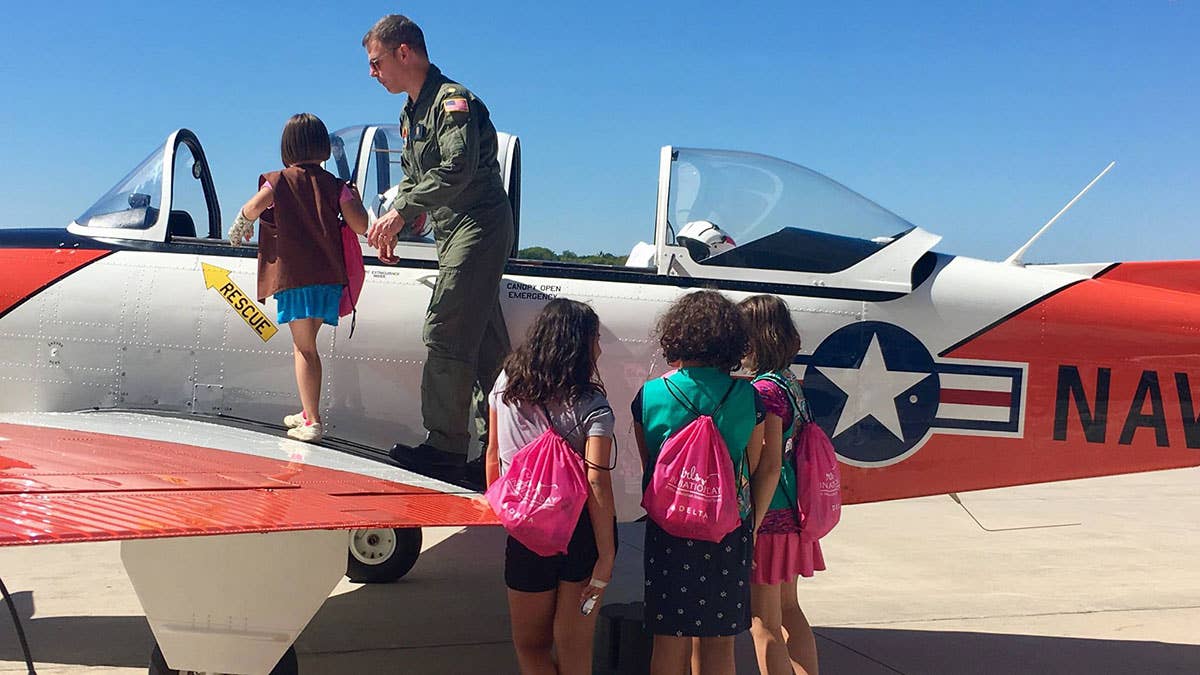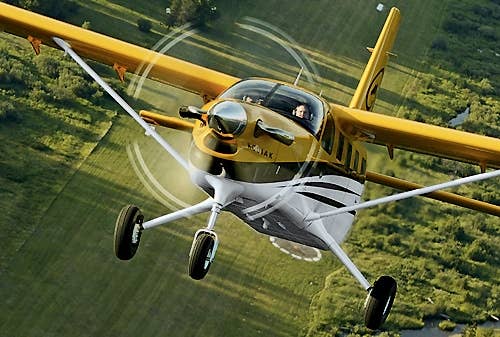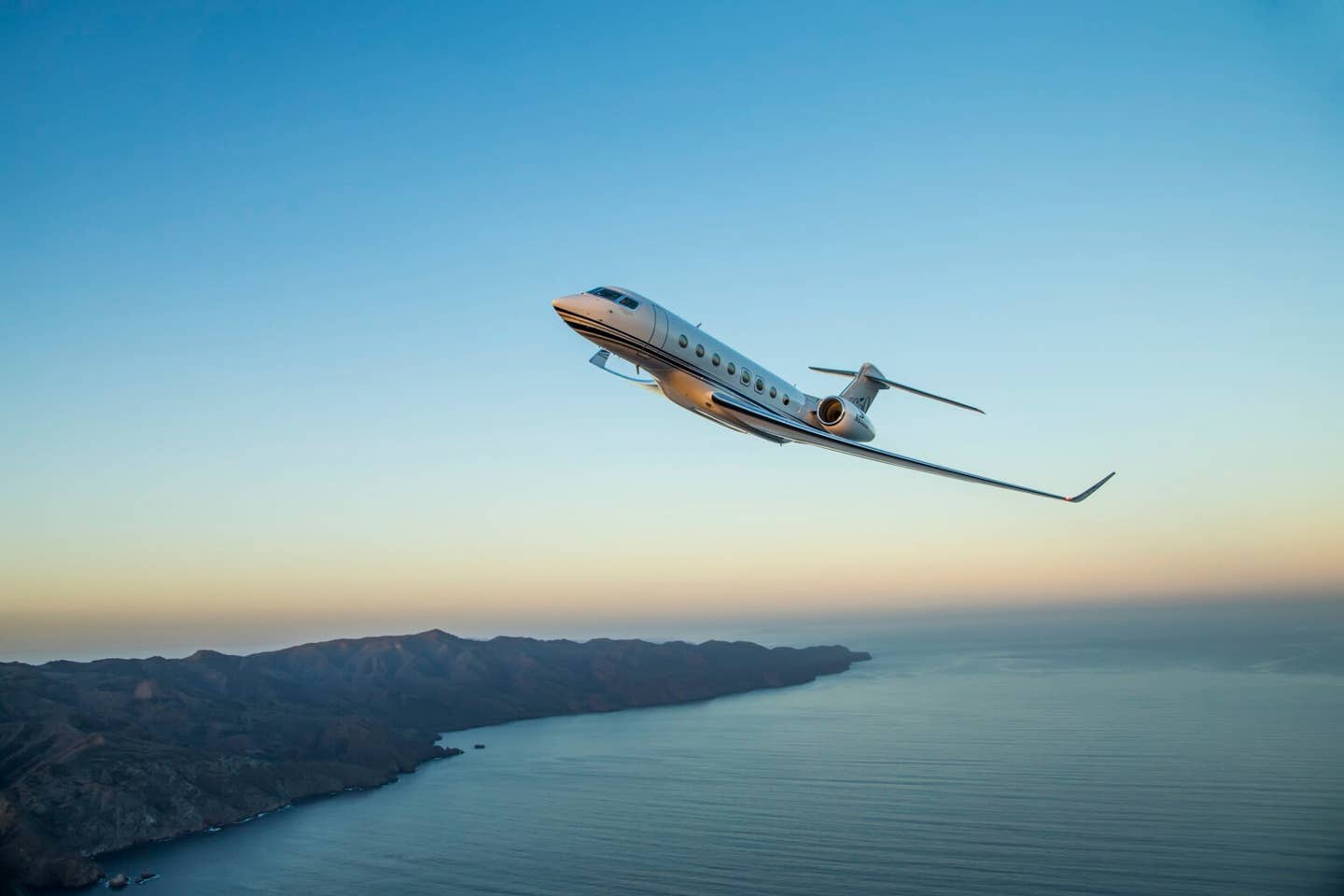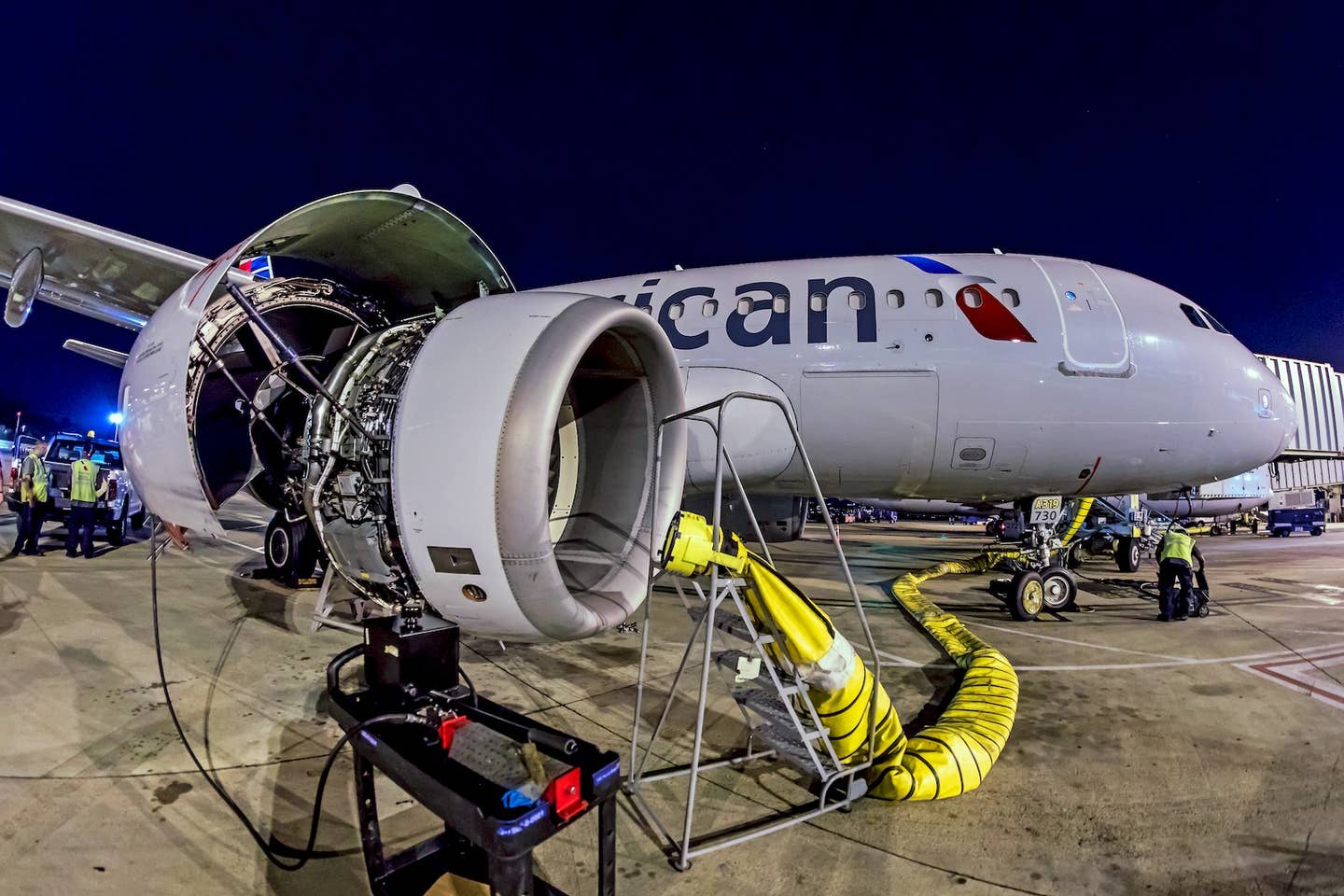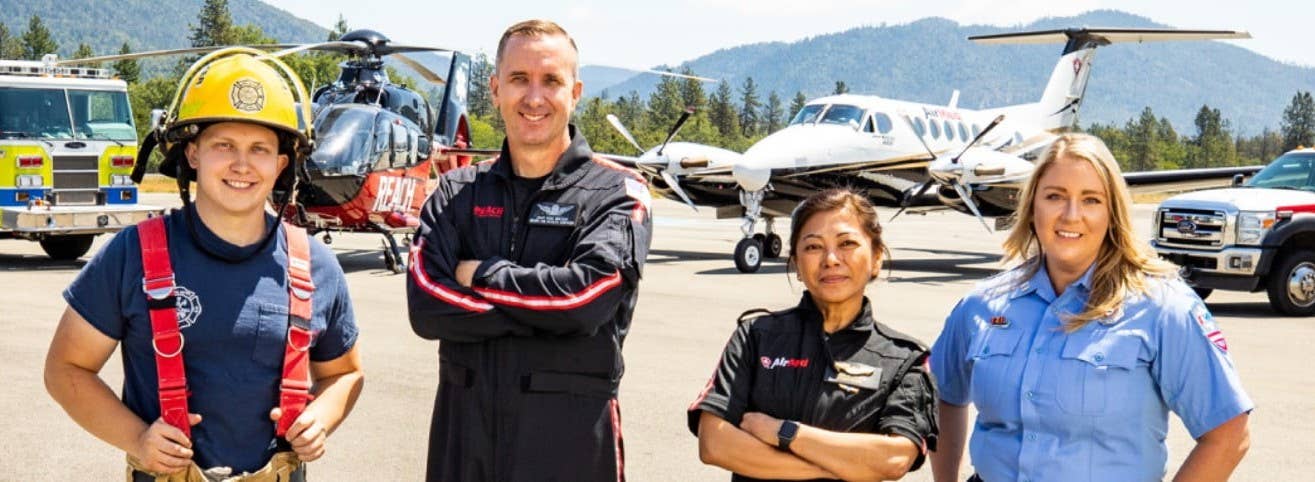How to Become a Corporate Pilot
The path requires time and hard work, but there are exciting and rewarding career opportunities in the field.
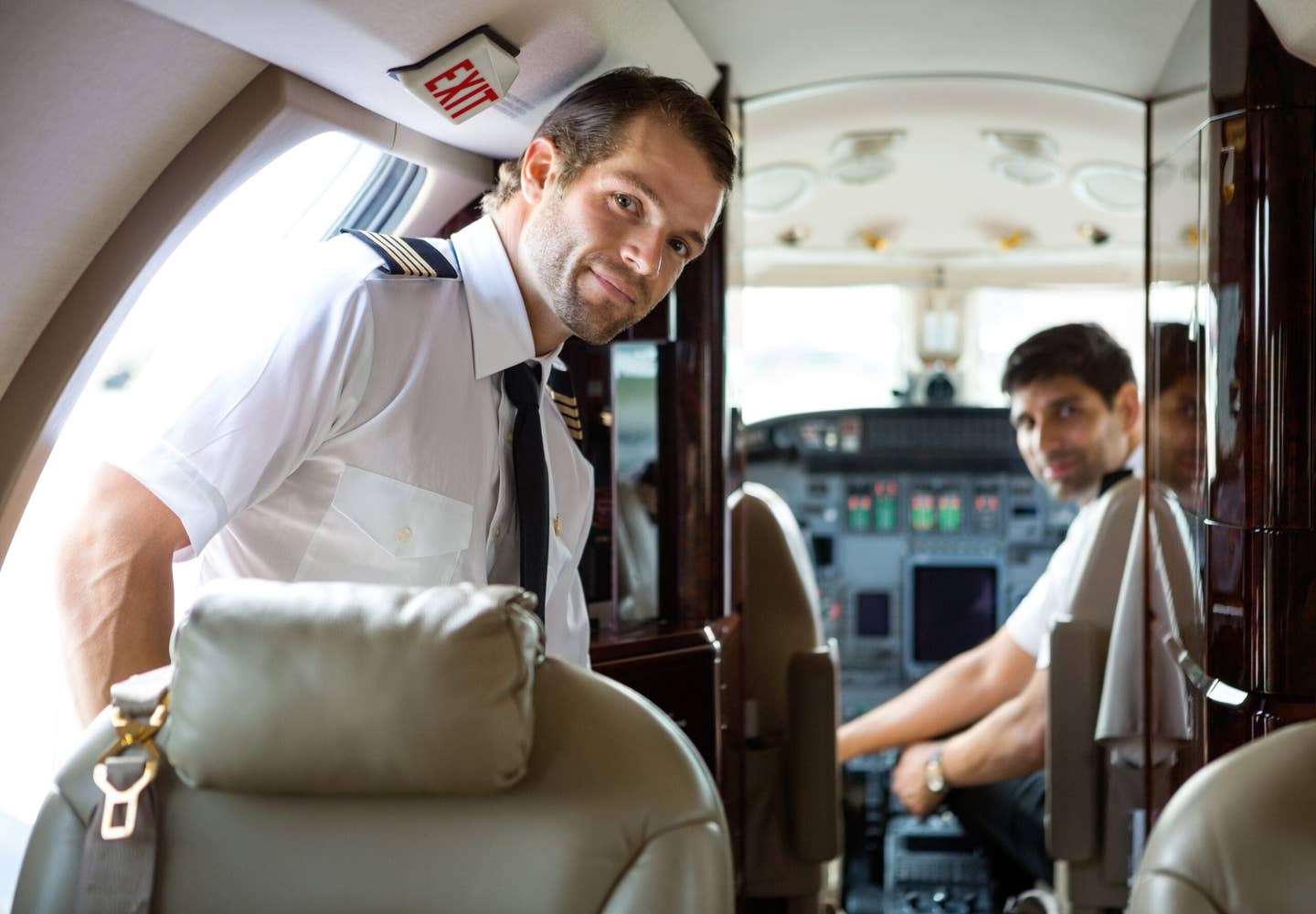
Many corporate pilots work for charter companies that operate private aircraft. [Credit: Adobe Stock]
Beyond the hustle and bustle of a busy airport terminal, there is a whole other world of passenger aviation in our skies. Corporate aircraft and their pilots serve travelers all around the globe each and every day.
Although it is easy to assume that being a pilot means working for an airline, corporate aviation also offers exciting careers for aviators. Corporate pilots have unique opportunities when it comes to their lifestyle, workplace, and travel destinations. Here is what you need to know about becoming a corporate pilot.
What Does a Corporate Pilot Do?
There are a few different types of employers that hire corporate pilots. Some nonaviation companies—such as Walmart and the Las Vegas Sands Corp.—have fleets of private jets. These companies hire pilots to fly their executives and employees for business purposes.
It is also possible to work for an individual or family that owns a private jet. Certain businesspeople, celebrities, and other individuals with significant wealth have their own aircraft and hire personal pilots to operate them.
Many corporate pilots work for charter companies that operate private aircraft. Individuals and companies who do not have their own aircraft but want to fly privately can hire these companies on an as-needed basis. Pilots working for these companies often have the opportunity to serve a variety of clients and fly to a diverse range of destinations.
Corporate pilots fly many different types of aircraft, with the exact type depending on their employer. While some corporate pilots fly single-engine propeller aircraft, others fly heavy passenger aircraft in a business jet configuration.
What Are the Steps to Becoming a Corporate Pilot?
As is the case with any pilot career, the first step is obtaining a private pilot certificate.
This license will give you the basic skills to fly an airplane or helicopter and allow you to fly small aircraft recreationally. Minimum requirements for a private pilot certificate include being 17 years old and obtaining an FAA medical certificate.
The next step is to earn a commercial pilot certificate. This is what gives you the ability to be paid as a pilot and allows you to start your aviation career.
Although you can land some corporate pilot jobs with only a commercial pilot certificate, employers will often require significant flight time before you are eligible—typically 1,500 hours. So you will need to build your hours before entering the corporate pilot world.
Luckily, there are many jobs available as a low-hour commercial pilot, including air tours, surveying, and instructing.
Some corporate pilot jobs will require you to have the top-tier pilot license, airline pilot transport certificate, or ATP certificate. Pilots must have a minimum of 1,500 flight hours to obtain this certification.
Each employer has its own requirements, but corporate first officer jobs will typically need 1,500 hours of flight time, a FAA first-class or second-class medical certificate, a valid passport and the legal authorization to work in the United States, and a Federal Communications Commission radio operator license. Captain jobs will require more flying experience.
Frequently Asked Questions
How long does it take to become a corporate pilot?
The amount of time that it takes for you to complete your flight training depends on how often you fly. Once you have your commercial pilot certificate, you can hit the 1,500-hour threshold in as little as two years if you have a full-time flying job.
How much do corporate pilots make?
The salary of a corporate pilot can vary greatly depending on their work hours, aircraft type, geographic location, and employer. Given the current demand for pilots, salaries are fairly competitive with the airlines. New first officers can expect to make around $70,000 to $100,000 per year, while senior captains can have annual salaries of over $300,000.
How much does it cost to become a regional airline pilot?
If you are starting from no flying experience, getting a commercial pilot certificate in the United States will cost around $100,000. Once you have an entry-level pilot job, your costs will be offset by your pay, and your overall income and any debt will depend on your circumstances.

Subscribe to Our Newsletter
Get the latest FLYING stories delivered directly to your inbox

